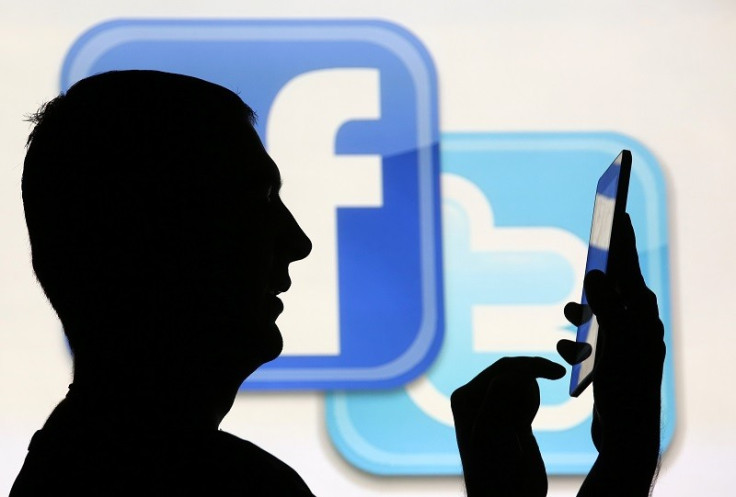Sharing Personal Information on Social Media 'Leads to Hiring Discrimination'

A large-scale experiement has revealed that sharing personal information via social media sites can lead to hiring discrimination.
Carnegie Mellon University researchers tested the impact that information, posted on a popular social networking site by job candidates, can have on employers' hiring behaviour.
Christina Fong, one of the academics, said the study found "robust evidence" of discrimination among certain types of employers.
The researchers estimated that a minority of US employers regularly searches for candidates online.
"While it appears that a relatively small portion of US employers regularly searches for candidates online, we found robust evidence of discrimination among certain types of employers," said Fong.
Fong and her colleague Alessandro Acquisti used data revealed online by actual members of popular social networking and job-seeking sites to design job candidate resumes and online profiles for their experiments.
They experimentally manipulated personal traits the candidates disclosed online regarding religion and sexual orientation, while holding signs of professionalism and work ethic constant.
"Our experiment focused on a novel tension: the tension between the law - which, in the United States, protects various types of information, making it risky for certain personal questions to be asked during interviews - and new information technologies, such as online social networks - which make that same information often available to strangers, including interviewers and employers," said Acquisti.
Then, in the field experiment, Acquisti and Fong submitted applications on behalf of the candidates to real job openings at more than 4,000 US employers.
They collected data that helped them get a sense of how many employers searched for job candidates online.
The researchers measured the number of interview opportunities a Christian candidate received relative to a Muslim candidate, and the number of interview opportunities a gay candidate received relative to a straight candidate.
They also collected data on the states and counties in which jobs were located and on the firms that listed the openings.
"Our survey and field experiments show statistically significant evidence of hiring bias originating from information candidates shared on their online profiles," said Fong.
"Both by itself and controlling for a host of demographic and firm variables, our Muslim candidate was less likely to receive an interview invitation compared to our Christian candidate in more politically conservative states and counties."
The researchers stressed that the results should be interpreted as correlational, not causal.
In both the survey and field experiments, Acquisti and Fong detected less bias based on the sexual orientation of the candidates.
In addition, interview rates for the gay candidates were similar to those for the straight candidates.
The findings suggest revealing certain traits online can have a significant effect on the behaviour of employers who look online for candidates' personal information.
© Copyright IBTimes 2025. All rights reserved.






















